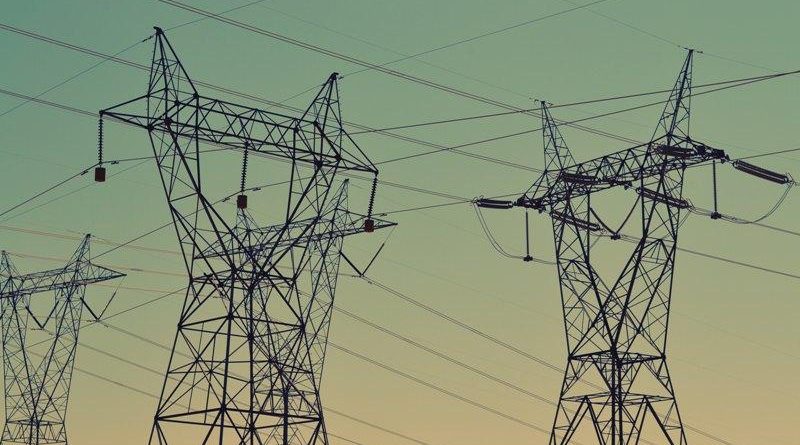REA pushes for domestication of technology, industries for renewable energy
The Rural Electrification Agency (REA) has called for the domestication of the technologies, industries, and capabilities required to build a resilient renewable energy hub.
Abba Aliyu, managing director of REA, who made this call in Abuja on Tuesday, said that across the world, the energy transition is accelerating, driven by advances in solar technology, battery storage, and digital energy systems, hence the need to focus on building local capacity.
Aliyu, speaking at the Nigerian Renewable Energy Innovation Forum (NREIF) 2025, noted that even though the African continent holds nearly 60 per cent of the world’s solar resources, it currently attracts less than 3 per cent of global renewable energy investment.
“The challenge before us is clear: we must convert this immense comparative advantage into competitive strength — by building industries, nurturing innovation, and driving the kind of local value creation that secures our place in the clean energy economy. For Nigeria, this moment is especially urgent.
“The theme for this year, ‘The Nigeria First Policy’, could not have come at a better time. It captures our collective aspiration to domesticate the technologies, industries, and capabilities that will power our energy future.
“For years, Nigeria has deployed renewable energy systems in thousands of communities, institutions, and industrial clusters. But to secure our long-term sustainability and economic competitiveness, we must now go further — to ensure that what we deploy is increasingly designed, assembled, and manufactured in Nigeria.
“At the Rural Electrification Agency, we see this shift as both a necessity and an opportunity,” he said.
He noted that with an active project portfolio and pipeline exceeding $3 billion, spanning programs such as Rural Electrification Fund (REF), Distributed Access through Renewable Energy Scale-up (DARES), Nigerian Electrification Project (NEP) and the National Public Sector Solarisation Initiative (NPSSI), REA’s responsibility now extends beyond electrification.
For him, the Agency’s task is to ensure that this pipeline generates the highest possible domestic value by catalyzing local industries, supporting innovators, and unlocking green jobs across the value chain.
“That is precisely why the NREIF was established — to bring together the entire renewable energy ecosystem: from innovators to financiers, from academia to regulators, from manufacturers to developers — all working together to ensure that Nigeria captures the full value of its energy transition.
Also speaking at the event, Adebayo Adelabu, minister of power said that the commitment to domestic manufacturing and innovation is being reinforced by the efforts of the Rural Electrification Agency (REA), as it continues to extend access to unserved communities, promote mini-grids and Distributed Renewable Energy.
According to him, together, the Ministry and the REA are shifting the national narrative, from energy access to energy industrialization, and from deployment to local value creation.
He said, “In the power sector, the Nigeria First Policy reflects our determination to ensure that the next generation of clean energy technologies; from solar panels to battery energy storage systems deployed across the country proudly carry the label ‘Made in Nigeria’.
He explained that the Federal Government is pursuing a comprehensive, multi-pronged approach to reposition the Nigerian power sector for sustainability, efficiency, and growth.
This approach he said, spans critical pillars which include legislation, policy reforms, infrastructure development, energy transition and access expansion, and local content and capacity development with each designed to address structural challenges, unlock private capital, and enhance service delivery across the electricity value chain.
Speaking on legislation, the minister said the enactment of the Electricity Act 2023 remains a major milestone, providing a robust governance and regulatory framework for the Nigerian Electricity Supply Industry (NESI).
“The Act devolves regulatory powers to the states, enables subnational markets, promotes competition, and empowers private participation across the value chain. This represents a clear shift towards a liberalized and investment-friendly electricity market.
” Since its passage, 15 states have received regulatory autonomy to establish subnational electricity markets with one fully operationalized. We are working actively with these states to ensure strong alignment between the wholesale market and the retail market,” he said.

